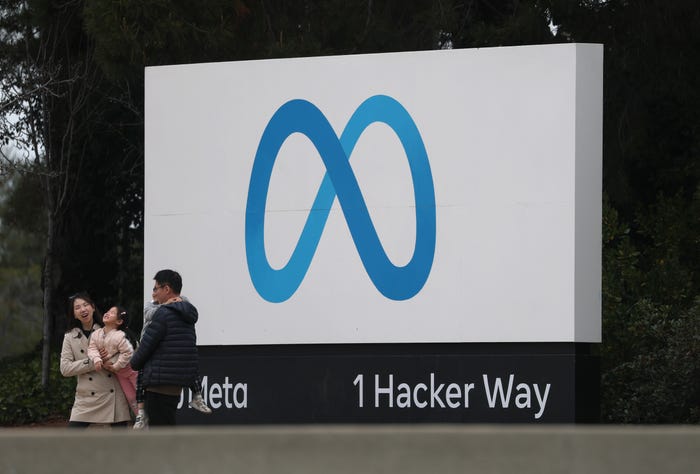US Moves to Ban Chinese Tech From Connected, Self-Driving CarsUS Moves to Ban Chinese Tech From Connected, Self-Driving Cars
The Department of Commerce’s Bureau of Industry and Security says certain technologies from China or Russia pose an “undue risk”

The United States is planning to ban sales and imports of connected cars featuring specific Chinese or Russian technology, it has been confirmed.
The move was announced by the Department of Commerce’s Bureau of Industry and Security (BIS) and aims to address security risks caused by potential misuse.
A BIS statement explained: “The proposed rule focuses on hardware and software integrated into the Vehicle Connectivity System (VCS) and software integrated into the Automated Driving System (ADS).
“Malicious access to these systems could allow adversaries to access and collect our most sensitive data and remotely manipulate cars on American roads.”
For more self-driving vehicle and other embedded tech news subscribe to our free newsletter!
The proposed rule would apply to cars, trucks and buses, but would exclude vehicles not used on public roads, such as agricultural or mining vehicles.
Speculation that a proposed ban was imminent has been mounting over the past couple of months.
According to BIS, certain technologies from China or Russia pose an “undue risk,” although the ban would not apply to any vehicles already on the road. Instead, it is described as a “proactive measure” and would relate to Model Year 2027 vehicles, for software restrictions.
A hardware ban would be applied to Model Year 2030 cars.
Secretary of Commerce Gina Raimondo was explicit in spelling out the threat that the tech is believed to pose.
“Cars today have cameras, microphones, GPS tracking and other technologies connected to the internet,” she said.
“It doesn’t take much imagination to understand how a foreign adversary with access to this information could pose a serious risk to both our national security and the privacy of U.S. citizens.
“To address these national security concerns, the Commerce Department is taking targeted, proactive steps to keep PRC [People’s Republic of China] and Russian-manufactured technologies off American roads.”
Predictably, the proposed ban has not been well received by China. It follows President Biden’s decision earlier this year to introduce 100% tariffs on Chinese electric vehicles – in an effort to protect U.S. automakers – and was heavily criticized by the country’s Foreign Ministry.
Spokesman Lin Jian said in a statement: “China opposes the U.S.’s broadening of the concept of national security and the discriminatory actions taken against Chinese companies and products.
“We urge the U.S. side to respect market principles and provide an open, fair, transparent and non-discriminatory business environment for Chinese enterprises.”
BIS is now inviting comments from stakeholders regarding the proposed ban.
Although there is currently relatively little software or hardware from China used in vehicles available in the U.S., the massive progress made by Chinese automakers in the past couple of years, particularly in the field of EVs and so-called “intelligent” car tech, has caused some alarm in the U.S.
A ban would have significant repercussions, which are already being considered by parties that could be affected.
Recently, for example, WeRide – a Chinese self-driving tech company which has permission to test in California – acknowledged when filing for an IPO in the U.S. that it could face “various legal and operational risks and uncertainties.”
And there have been various media reports that America’s leading self-driving taxi company Waymo has been talking with South Korea’s Hyundai over a potential deal to manufacture Ioniq 5 robotaxis. These could constitute a replacement for its planned next-generation cab, which has been developed with Zeekr, a brand owned by China’s Geely.
About the Author
You May Also Like






